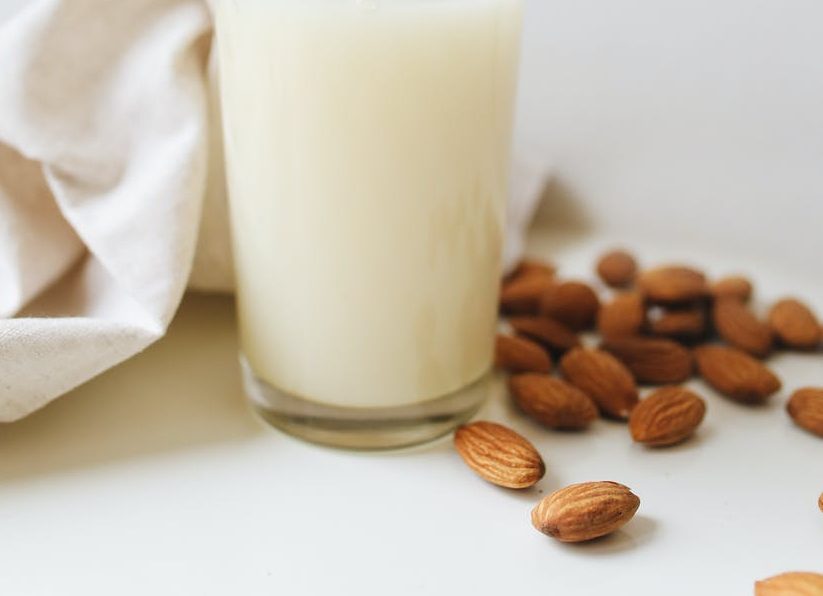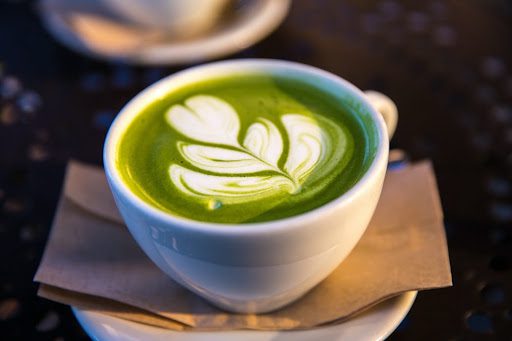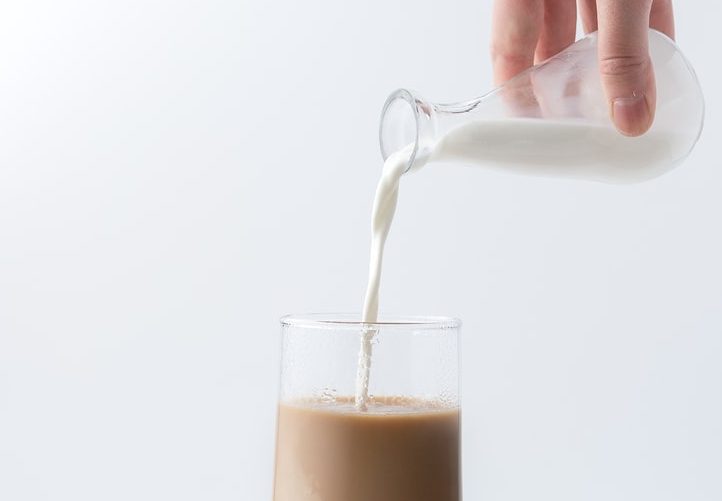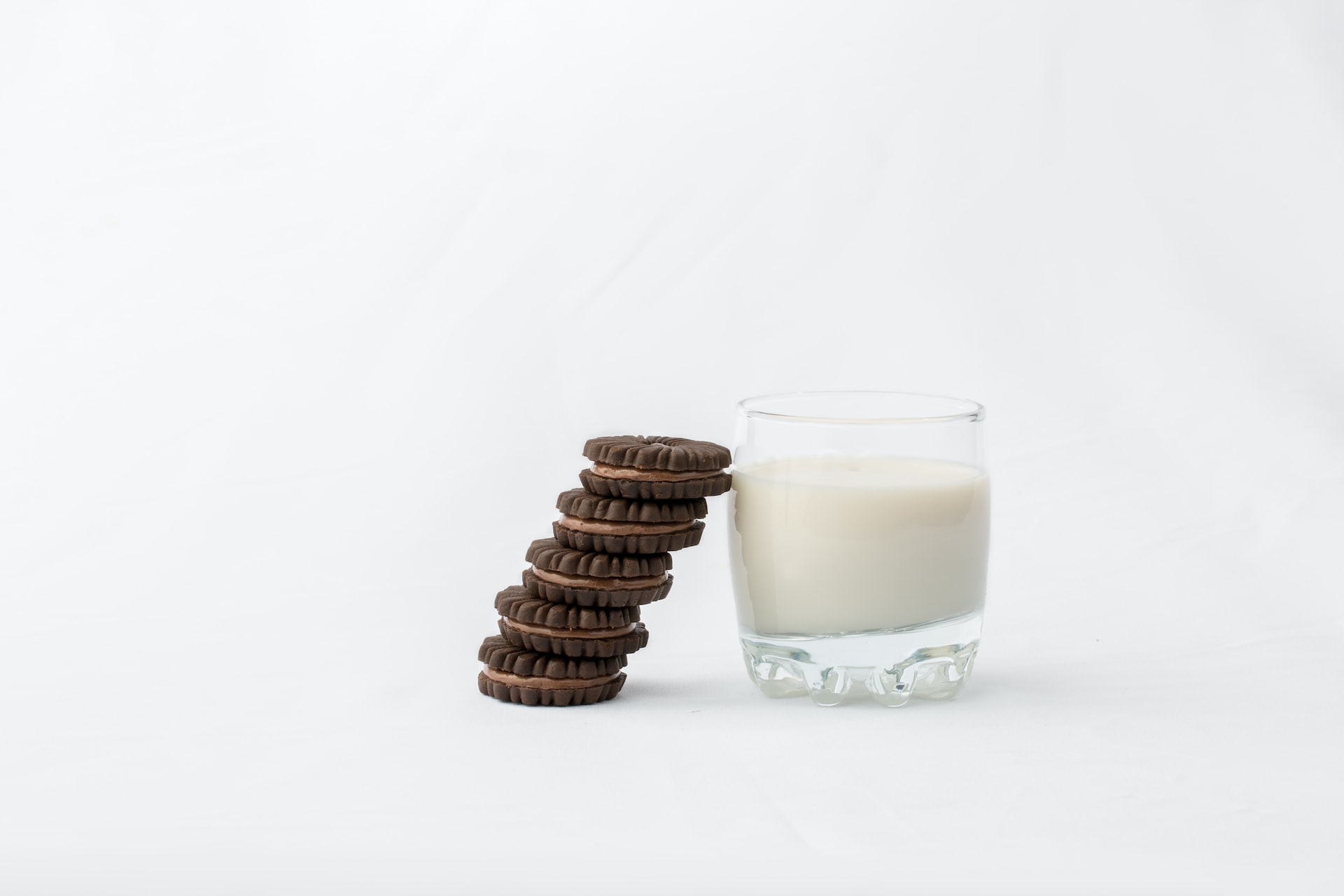Plant-based milk alternatives continue to grow in popularity as more people seek substitutes for cows’ milk.
Whether you’re interested in milk alternatives because you’re vegan, lactose-intolerant, are endeavouring to be more environmentally conscious or want to experience a wider range of flavours, there are plenty of options for you to try.
With so many different kinds of milk turning up on supermarket shelves and in coffee shops, it can be difficult to know which is best for you. Our guide covers some of the most popular milk alternatives to give you a better idea of what’s out there.
Milk Alternatives at Esquires Coffee
Our coffee shops in the UK stock a variety of milk alternatives that all have unique qualities when added to tea or coffee. Alternatives we offer include:
- Soy
- Almond
- Oat
- Coconut
Next time you visit an Esquires Coffee shop, ask one of our friendly baristas for recommendations to turn your favourite drink into a dairy-free delight!
Soy Milk

Perhaps the most well-known and widely available milk alternative, soy or soya milk is made from ground soybeans, which are boiled and strained.
Soy milk is a popular addition to teas and coffees because, when steamed, it has a similar consistency to cow's milk. The slightly sweet taste and creamy texture also contributes to its popularity.
The nutritional benefits are also thought to be the closest to cow's milk when compared to other alternatives. An average serving of soy milk contains almost as much protein as the same quantity of cow's milk but nearly half the amount of fat, calories, and carbohydrates.
Average calories per 100ml soy milk: 44
Almond Milk

Another incredibly popular option is almond milk which has a light, nutty taste and slightly watery consistency.
It is made from ground almonds or almond butter and water. You can buy sweetened and unsweetened versions that both make great additions to teas, coffees and smoothies.
While not overly high in protein, almond milk contains natural vitamins and minerals, especially vitamin E. The unsweetened version is very low in carbohydrates, which can be beneficial for those who are diabetic or cautious of their blood sugar levels.
Average calories per 100ml almond milk: 25
Oat Milk

Rising in popularity, oat milk is simply made from a mixture of oats and water. It has a delightfully smooth, creamy texture, making it perfect for adding to tea or coffee. Oat milk is especially good when steamed to include in milky coffees.
With its hint of sweetness and thicker texture, oat milk is also one of the most popular dairy-free choices for adding to milkshakes, cereal and porridge.
Oat milk is naturally gluten and lactose-free and, when fortified, is rich in vitamin D, calcium, iron, potassium and fibre.
Average calories per 100ml oat milk: 40
Coconut Milk

Not to be confused with tinned coconut milk that’s used in cooking, the kind of coconut milk used in coffee shops is made from the white flesh of mature coconuts.
Coconut milk has a rich, silky texture with, of course, that recognisable coconut flavour. For those that enjoy a subtle coconut flavour, this can be a great addition to coffee, although it is less popular for tea.
There’s a lot of diversity when it comes to coconut milk, with some being more watered down than others. Coconut milk has low protein levels, but it does contain added vitamin D and calcium and is naturally rich in vitamin B12.
Average calories per 100ml coconut milk: 20
Other Alternatives

As more people begin to see the benefits of milk alternatives, we’re seeing a rising interest in a wider variety of different milks. Some other milks to try that have been gaining popularity in recent years include:
Potato Milk
It may sound strange, but potato ‘milk’ is an emerging food trend that we expect to see becoming increasingly popular over the next year.
Potato milk has a mild taste, silky texture and will foam, making it the perfect addition to coffee – don’t worry though, it doesn’t taste like potatoes! It has a fairly neutral taste, so it will add a creaminess to your coffee without affecting the flavour.
Like other milk alternatives, potato milk is free from dairy allergens, vegan-friendly, and better for the environment.
Hazelnut Milk
With a characteristic nutty taste and creamy consistency, hazelnut milk is a great alternative, especially for use in coffee and baking.
Cashew Milk
Another nut-based milk alternative, cashew milk has a rich creaminess and, like soy milk, is another close rival to cow's milk.
Rice Milk
Rice milk has a neutral taste and thin, refreshing consistency making it a great choice for smoothies and desserts. It can curdle in coffee, so make sure to choose barista grade options if trying it at home.
Hemp Milk
Made from hemp seeds, this milk has a subtle, mildly sweet flavour. The texture is somewhat watery and is therefore a great substitute for skimmed cow's milk. Hemp milk also steams well, making it a good choice for coffee beverages.
Pea Milk
Slowly gaining popularity, pea milk is made by blending pea protein with water. The resulting milk is smooth and creamy and has a slightly earthy flavour but does not taste like peas.
The alternative milk industry shows little sign of slowing down, with more options beginning to rise in popularity and making their way into both our favourite coffee shops and kitchens at home.
Next time you’re stopping by for a brew, why not give one of our milk alternatives a try?
If you want to become part of the exciting, fast-paced coffee shop industry and are looking for the chance to run your own business, check out our franchise opportunities today.








